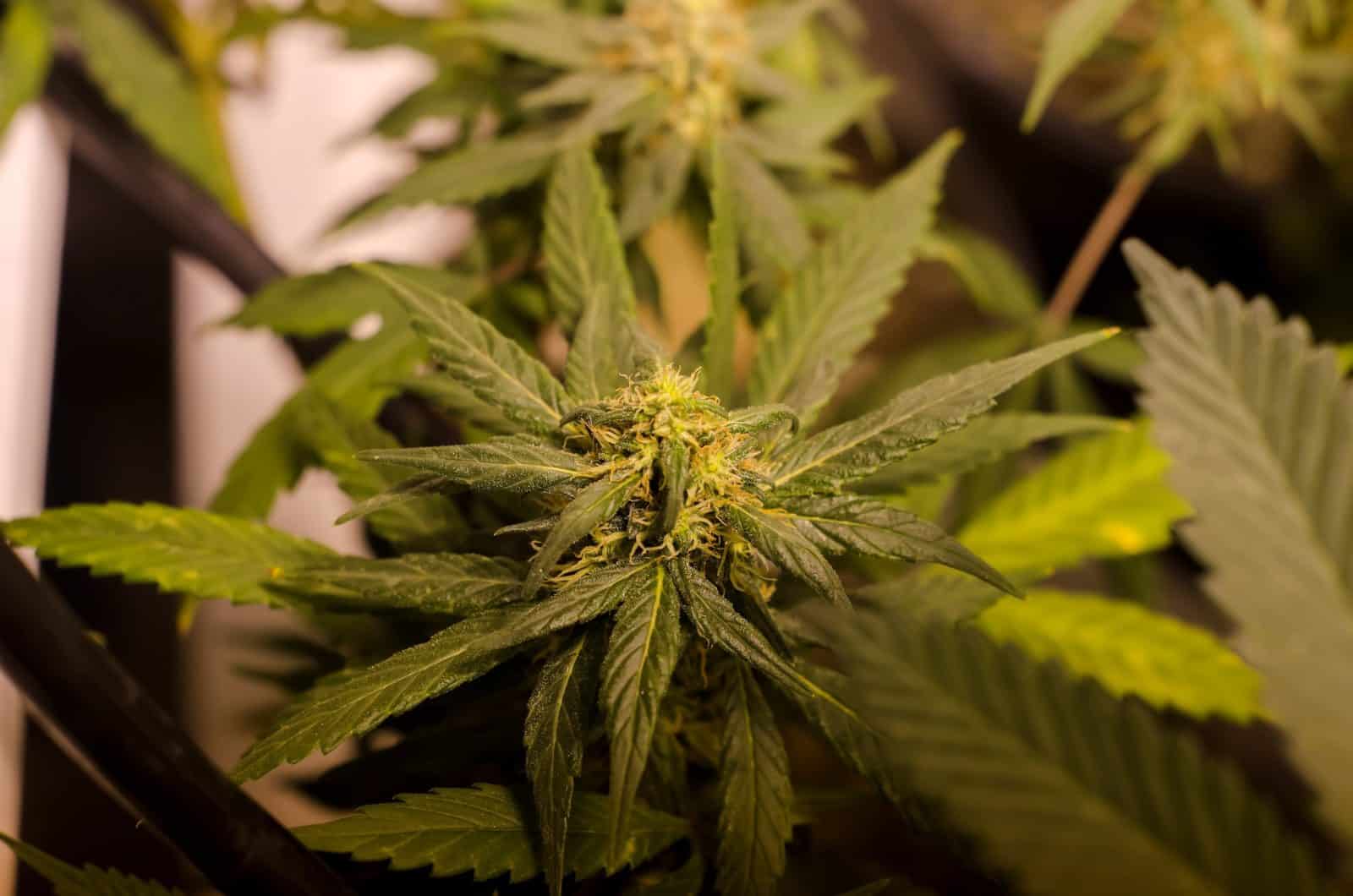Virginia Governor Ralph Northam is Pushing For Legalizing Recreational Marijuana

Virginia Governor Ralph Northam announced a plan on Monday to set the Commonwealth on a path toward marijuana legalization. Northam previously expressed support for decriminalization during his 2017 campaign for governor but has not supported full legalization until now.
“We are going to move forward with legalizing marijuana in Virginia,” Northam said. “I support this, and I’m committed to doing it the right way.”
If the the legislation passes, Virginia would join about a dozen states and could become the first state in the South to legalize recreational marijuana. Cannabis is illegal under federal law, though states often pass their own laws around medical and recreational use. Medical cannabis is legal in Virginia for certain patients.
Though Northam claimed to have never used marijuana himself, he said he believes certain marijuana products can provide health benefits to some groups like children with epilepsy (Northam is a pediatric neurologist). He also cited studies that show people of color are more than three times as likely to be arrested and convicted for marijuana-related charges, even though they use the drug at similar rates as white people.
In a first effort to address that disparity, the Virginia legislature decriminalized marijuana possession earlier this year. A first-time offense now comes with a $25 fine, instead of the previous $500 fine and 30-day jail stay. That legislation also called for a full study of legalization by Northam staffers, but that hasn’t yet been released.
A separate study commissioned by the state on the impact of marijuana legalization was released today. It found commercial marijuana could produce up to $62 million in tax revenue during the first full year of sales, depending on demand and the state’s chosen tax rate. By the fifth year, tax revenue could jump to $308 million. The market could also create more than 18,000 jobs, equal to 0.5% of Virginia’s total workforce.
The study by the Joint Legislative Audit and Review Commission (JLARC) also noted several ways Virginia could shape legalization laws to promote racial and economic equity and prevent well-established, larger marijuana businesses from dominating the nascent market. But even on its own, legalization could reduce marijuana-related arrests by 84%, according to the study.
Localities should be allowed to opt out of the commercial market, the study concluded. A survey by the study’s authors found that most parts of Northern Virginia and the Tidewater region would want to participate, while localities in the southern and southwestern parts of the state might not.
In response to Northam’s announcement, one Virginia lawmaker said the governor wasn’t going far enough. Delegate Mike Mullin (D-Newport News) said he supports both legalization and the automatic expungement of all previous marijuana convictions. Currently, Virginians have to petition the state to have those convictions expunged from their records.
“[Petition-based expungement] has harmed our Commonwealth, and disproportionately impacted communities of color,” he said in a statement. “This is only a first step, but I hope it will go a long way towards repairing the damage done to communities across Virginia.”
Legalizing recreational marijuana will likely be a lengthy process. Northam plans to introduce legislation when the General Assembly convenes for its regular session in January. After that, it could take 18 to 24 months to set up a regulatory system for a new marijuana economy.
Medical and recreational marijuana is already legal across the border in Washington, D.C., though Congress has blocked the District from setting up a tax-and-regulate system. Medical marijuana is legal in Maryland; recreational use has been decriminalized but is not legal.
Written by: Mikaela Lefrak
Source
